When it comes to epic coastal hikes, Red Point to Craig Bothy is up there with the absolute best of them.
I discovered this glorious walk while I was staying in the Gairloch area recently.
Having spent a morning on the dreamy sandy beaches of Red Point – which are mind-blowingly beautiful – I was keen to explore the coast more.
So when I woke to a rare morning of blazing sunshine and not a breath of wind, the nine mile ‘there-and-back’ hike to the bothy appealed.
Parking at the end of the public road, at Red Point, I headed through a gate and then onto a farm track, waving at a friendly farmer as he passed in his tractor.
Beware of the bull (and his harem)
A second gate presented a challenge – a bull, his harem and some calves blocked the way.
Being a country bumpkin, I’m well used to navigating cattle, but this group had a strange ‘look’ in their eyes.
Fear of being trampled – and to be fair, people DO get trampled, sometimes to death – inspired me to take a slight detour to avoid these potentially dangerous beasts.
After a few minutes of shimmying along the fence line, I deemed it safe enough to cross into the field.
The walk down to the beach – through grass and wildflowers – is lovely. The coconut-y scent of gorse in full bloom filled the air.
Views to die for
And the views across to Skye and the Applecross Peninsula are enough to make you both smile and weep with emotion.
After pottering around on the sand, I crossed onto the tiny island of Eilean Tioram and back again.
Back on the beach, I couldn’t resist a peek into the ruins of an old fishing bothy before scrambling up a grassy rise to join a rough coastal track.
There are a couple of streams to ford as you head south, in the direction of Torridon, but I managed to keep my feet dry.
It was then a case of following the path as it dipped and rose along the coast, pausing frequently to drink in the spectacular vistas.
The surface was pretty decent, but I won’t lie, I found some of the boggy and rocky sections quite tiring, physically and mentally.
Take a detour to Fergus’ Cave
A slight detour uphill to a neolithic rock shelter is well worth making.
It’s tricky to find without a map, but essentially, you head up the east side of a stream to reach moorland below a plateau of crags and fallen rocks.
If you’re in the right place, you’ll spot a huge block of stone from which heather sprouts – and inside is the shelter known as Meall Na H-Uamha, or Fergus’ Cave.
The grassy mound in front of it is a shell midden, consisting of discarded mollusk shells that would’ve been consumed by those who lived here.
I marched on, keen to reach the bothy, but it seemed to take longer than expected, with the ground becoming overgrown and strewn with boulders.
Eventually, I reached Craig River, which swirled and glistened as it cut its way down the glen before tumbling into the sea.
The path stays high above it and takes you through a gorgeous wooded valley – a lovely surprise.
What’s story of remote Craig Bothy?
The bothy soon comes into view, over a bridge at the other side of the river
My excitement levels rocketed as I approached the structure.
It was, for many years, one of the UK’s most remote youth hostels.
And today, it is the only house left in what was once Craig, a small community of crofts, most of which that sat behind the rocky beach.
The 19th Century sandstone building, a little further inland, gives shelter from the winds, and was originally built as a home for a shepherd and his family.
Life here was a struggle – the community was abandoned in the 1930s – but in 1935 the Scottish Youth Hostel Association took over the building.
It ran as a basic hostel until 2003. Three years later, it was adopted by the Mountain Bothies Association, and has been maintained by volunteers and open to all ever since.
Perfect spot for a picnic
A couple of washed-up buoys have been turned into makeshift swings, and hang from trees outside the bothy. I sat beside one and had my picnic.
Inside, the bothy is pretty impressive – arguably one of the better-appointed.
There’s a ‘living’ area with a wood burning stove and a small ‘kitchen’ area – and even a toilet in a lean-to round the back.
Upstairs there are three bedrooms, including the old warden’s room.
There’s some nice artwork throughout the bothy, including a huge Celtic mural.
Of course there’s no water supply or electricity at the wild spot, so anyone who stays must bring their own fuel.
As with all bothies, it’s preferred that people bring dry kiln wood or coal with them, rather than foraging for deadwood.
It’s important, also, to follow the Bothy Code. And you can do your bit to help by carrying out any rubbish you find here.
I was reluctant to leave this tranquil place, but I had to make the return journey before sunset.
There’s the option to continue for another two-and-a-half miles along the rugged coast to Diabaig, but that’s a very long way from the start.
Instead, I left Craig Bothy and walked back the same way.
Red Point beach’s claim to fame
Back on the southern Red Point beach – my favourite – I kicked off my shoes and paddled through the water, pledging to return for a swim another time.
I had no clue that the beach featured heavily in the 2014 film What We Did on Our Holiday, starring David Tennant, Billy Connolly and Rosamund Pike.
The film tells the story of about-to-divorce couple Doug (Tennant) and Abi (Pike).
They take their three children to the Highlands for Doug’s father Gordie’s (Connolly) 75th birthday party.
However, when a day at the beach turns to tragedy, the children take matters into their own hands.
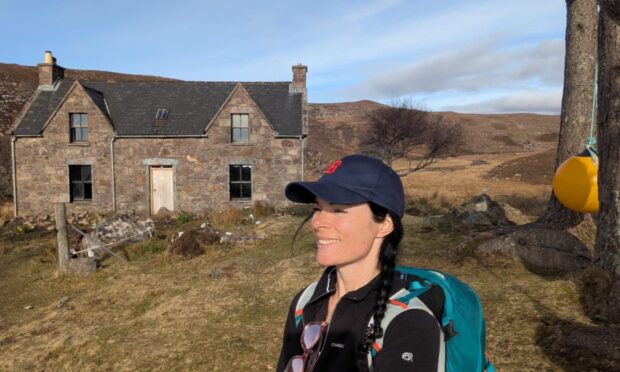
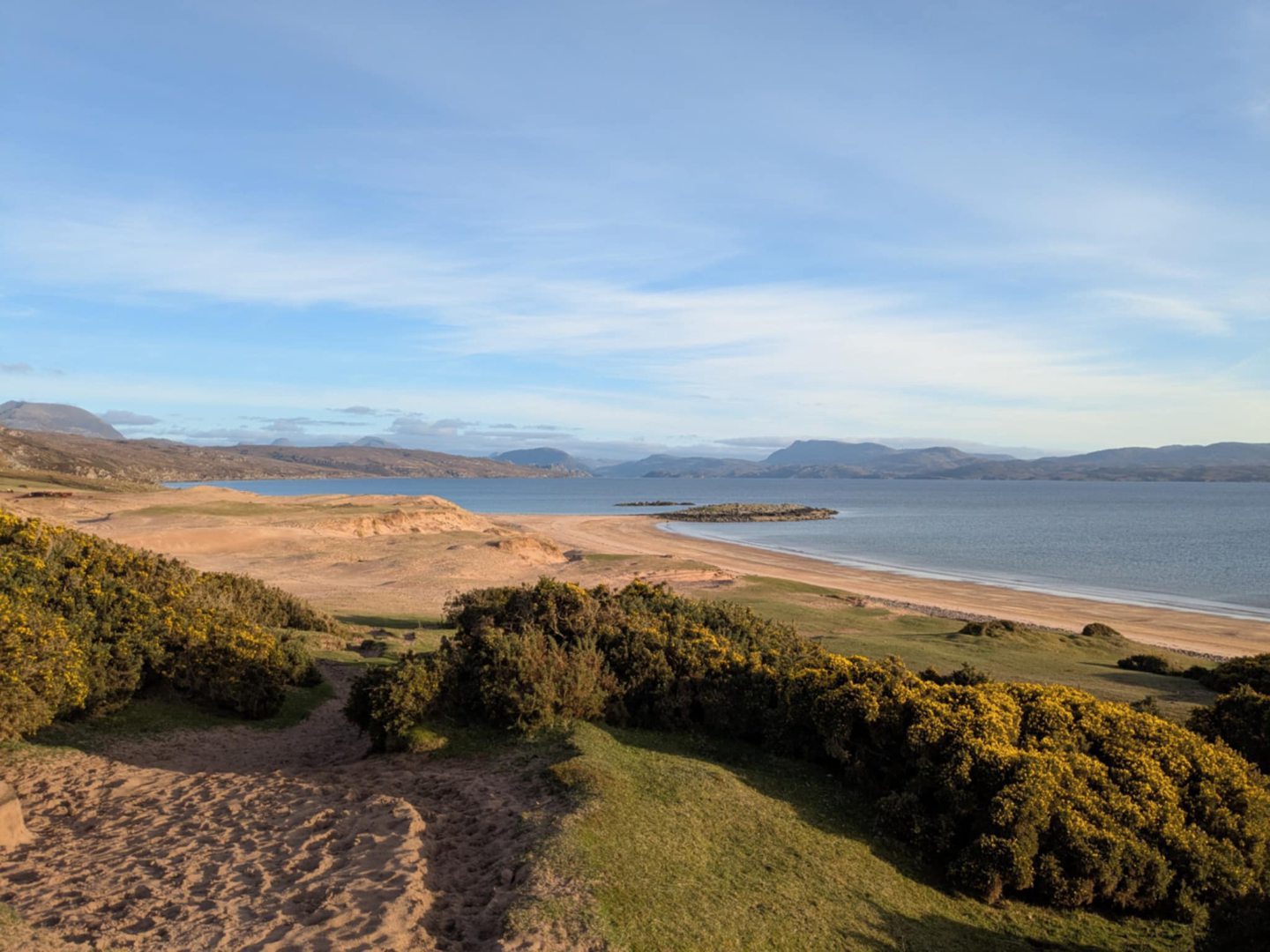
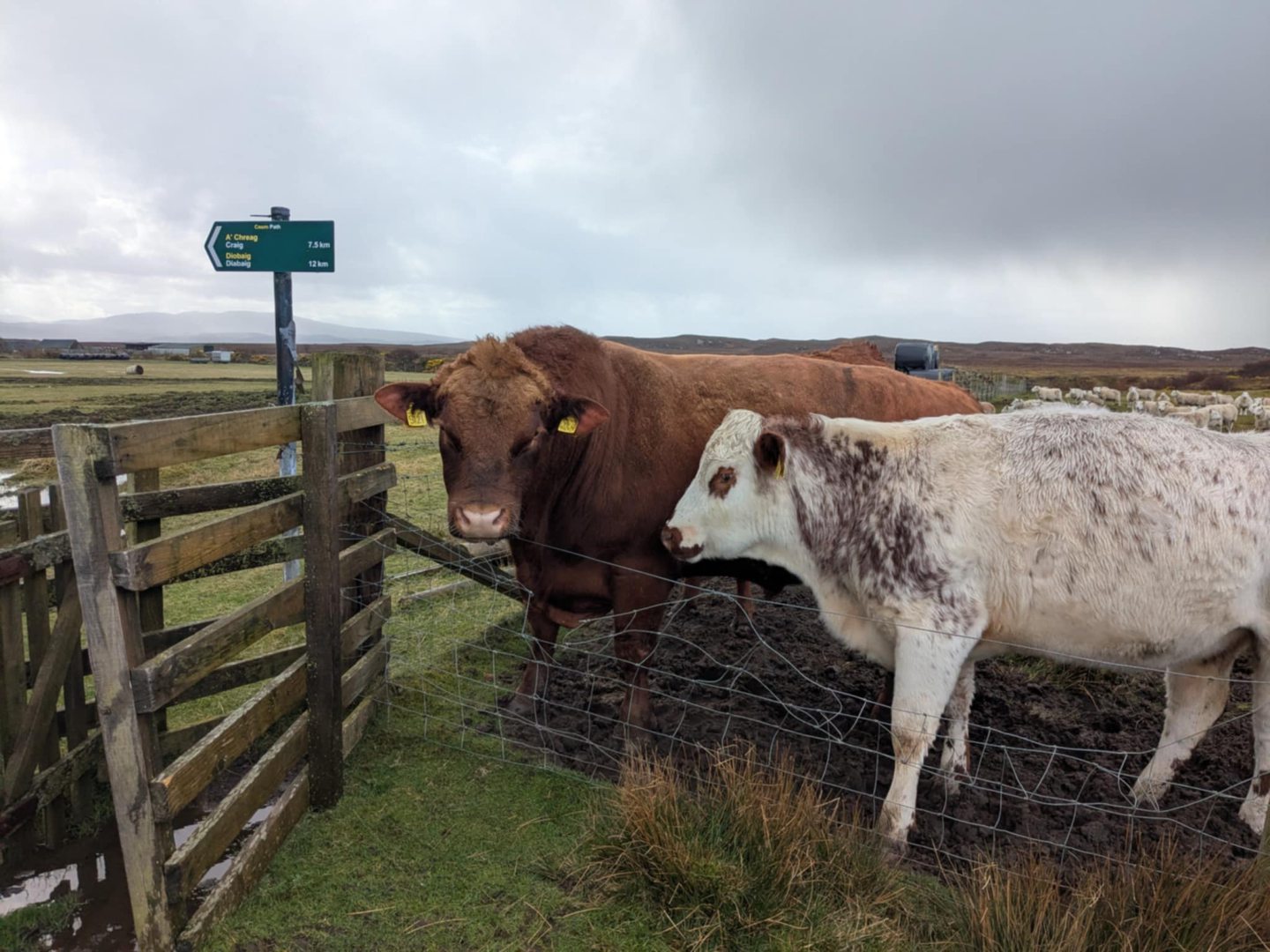
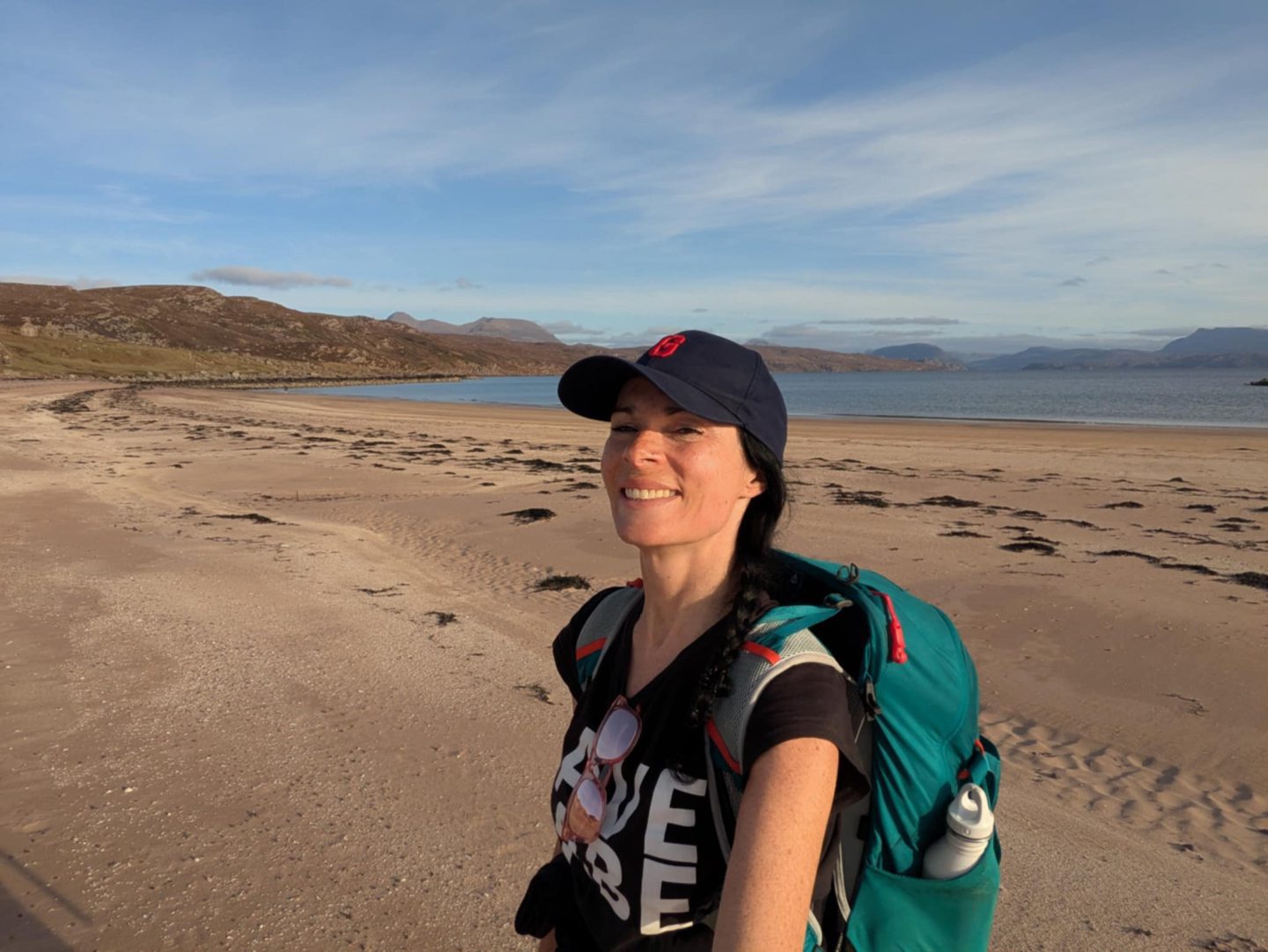
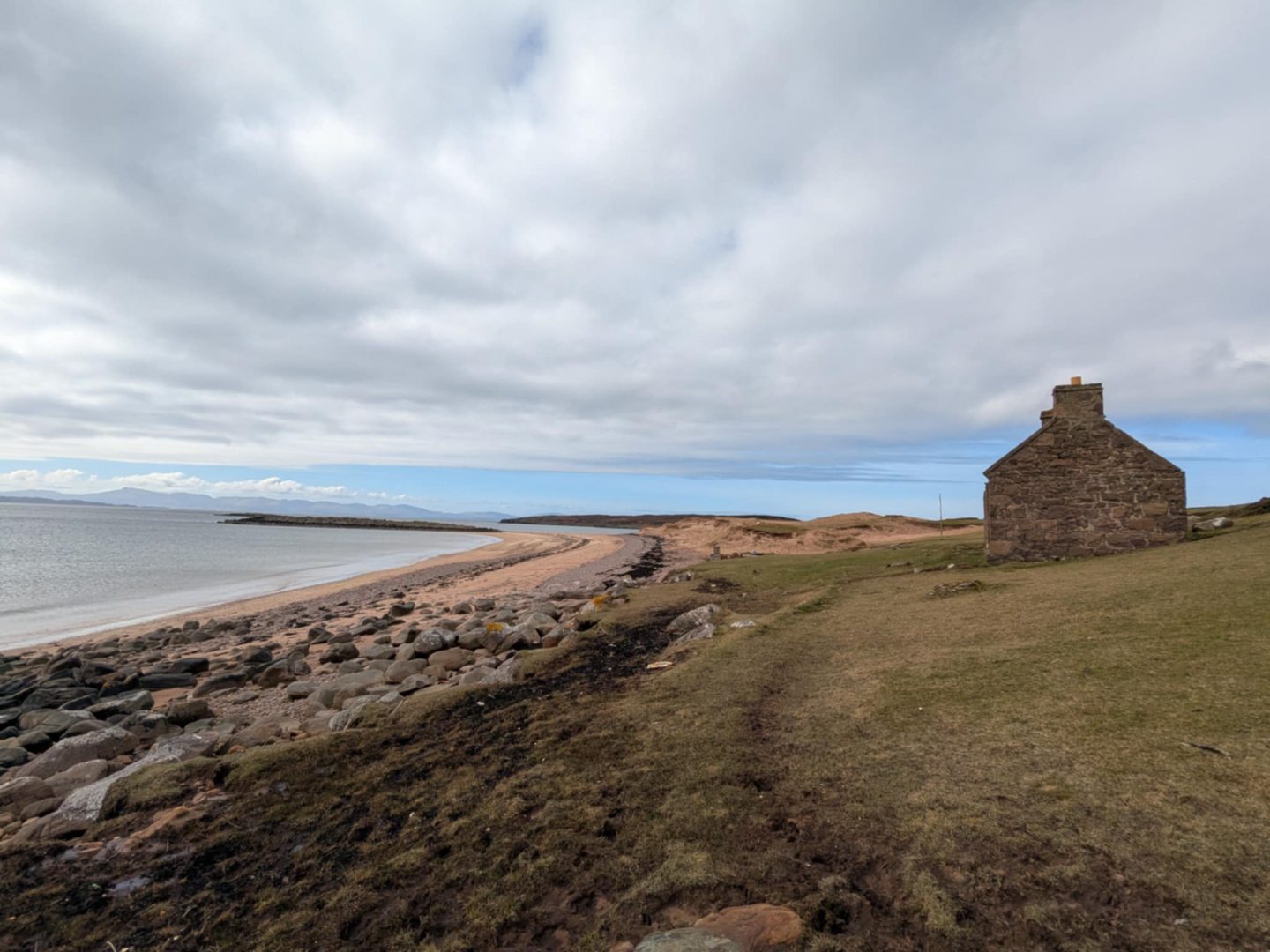
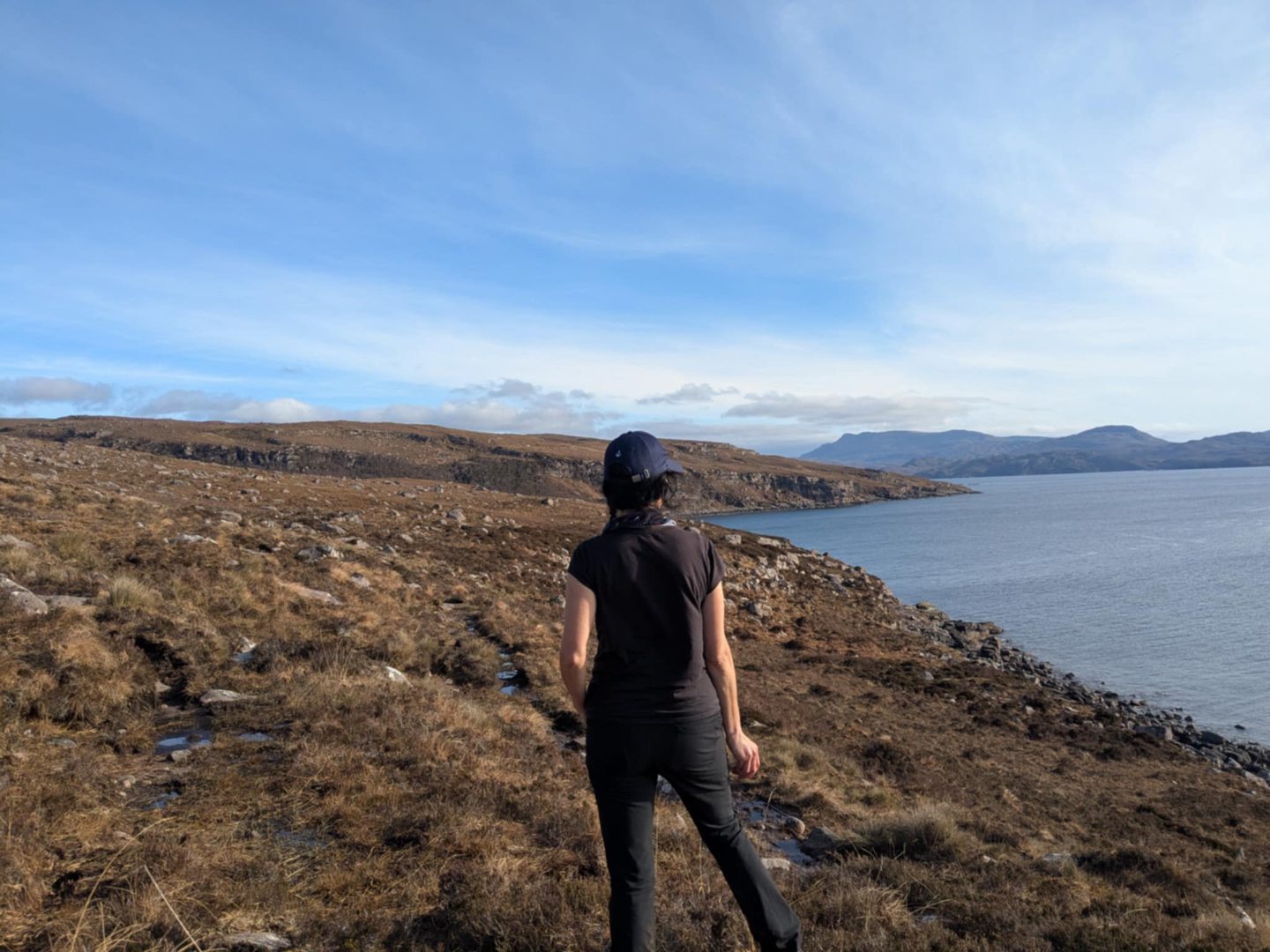

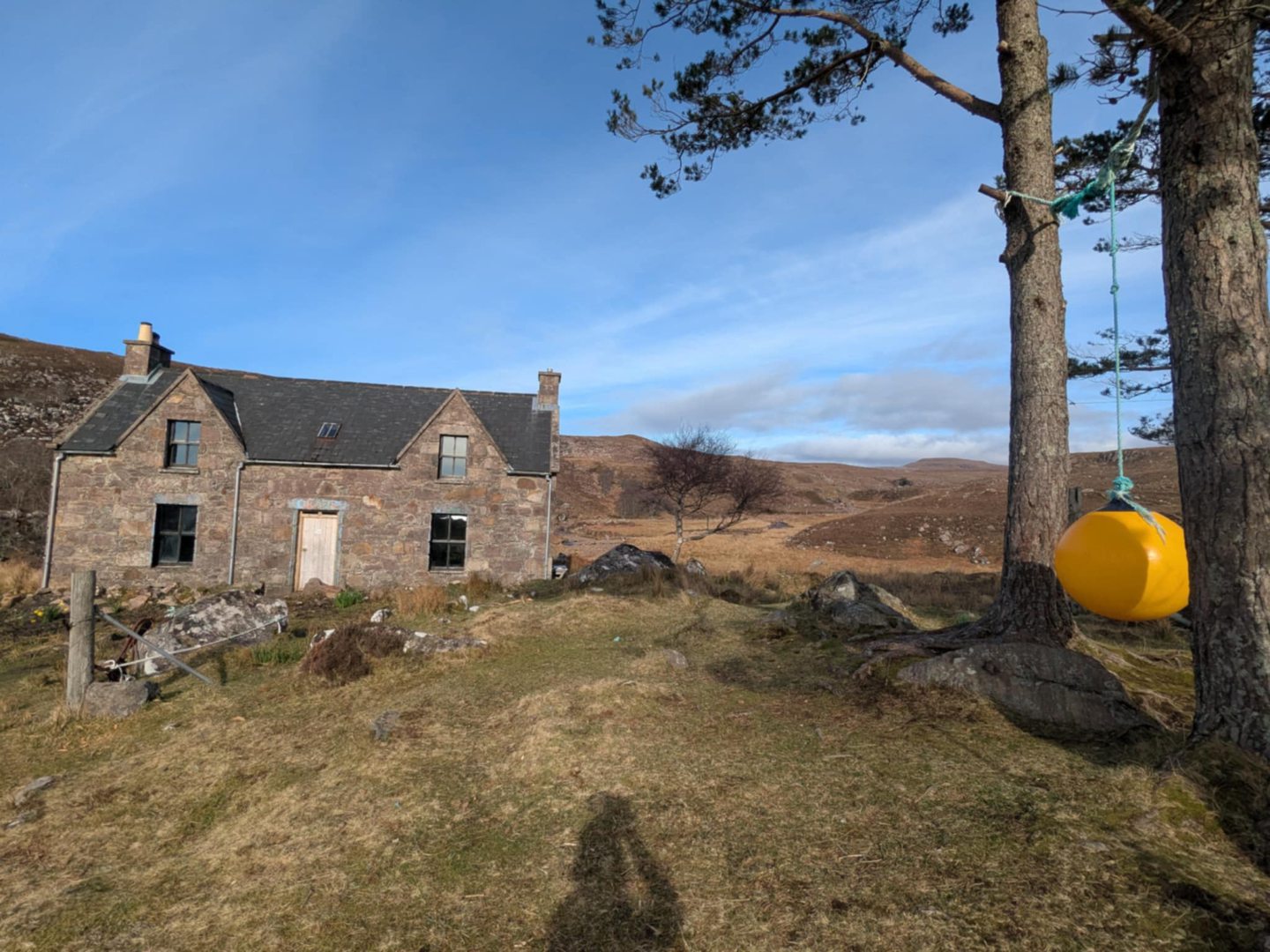
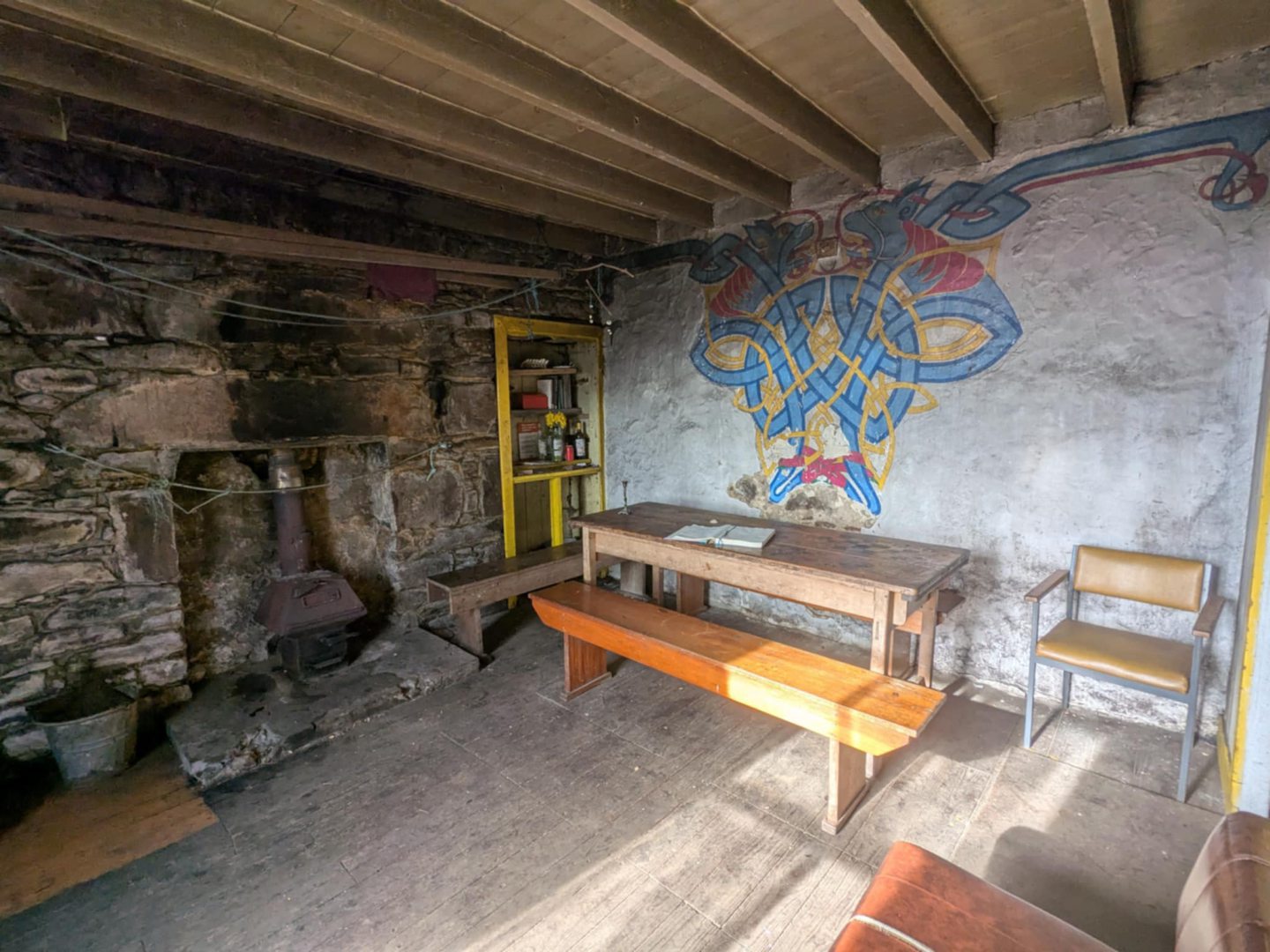
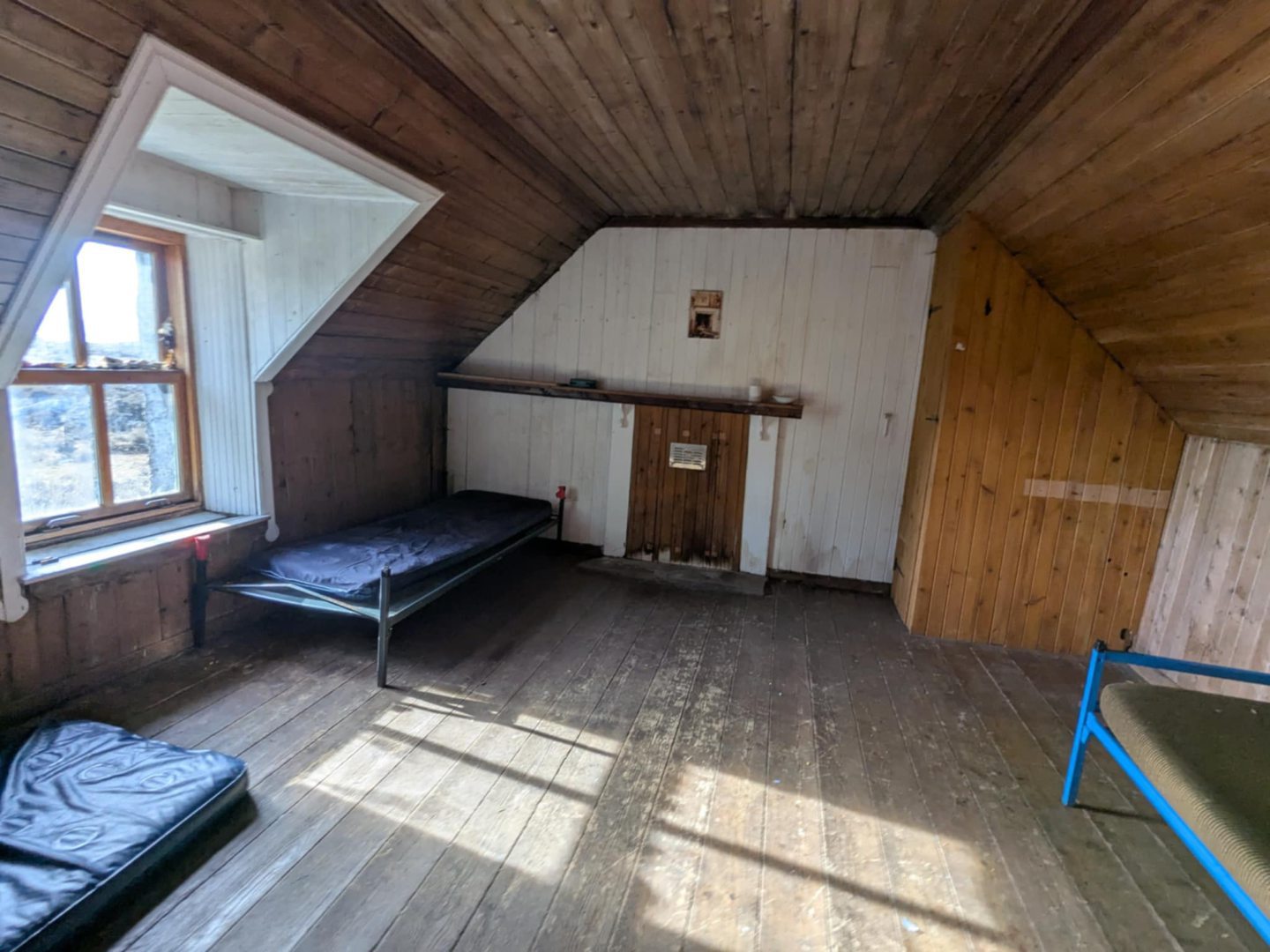
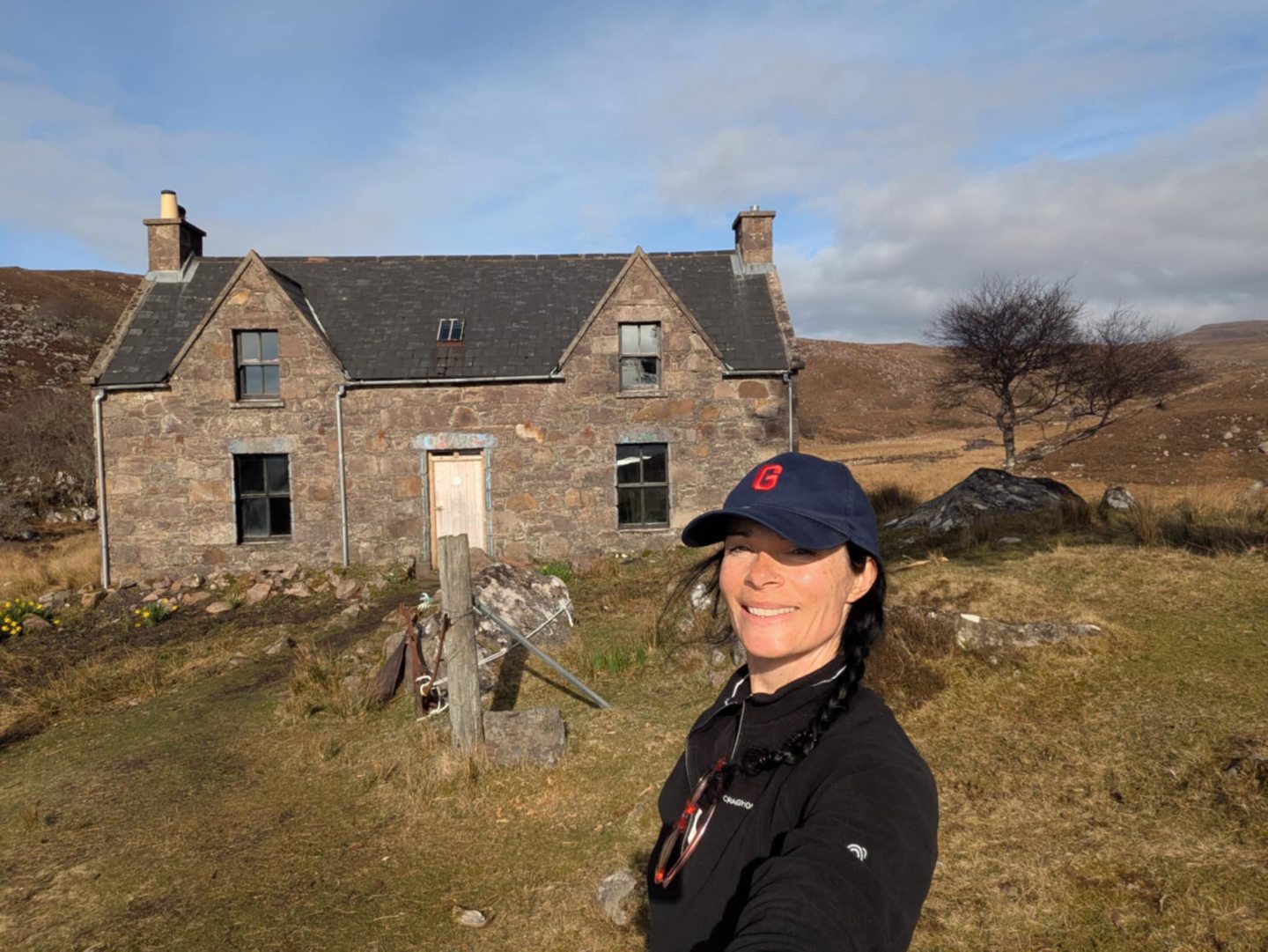
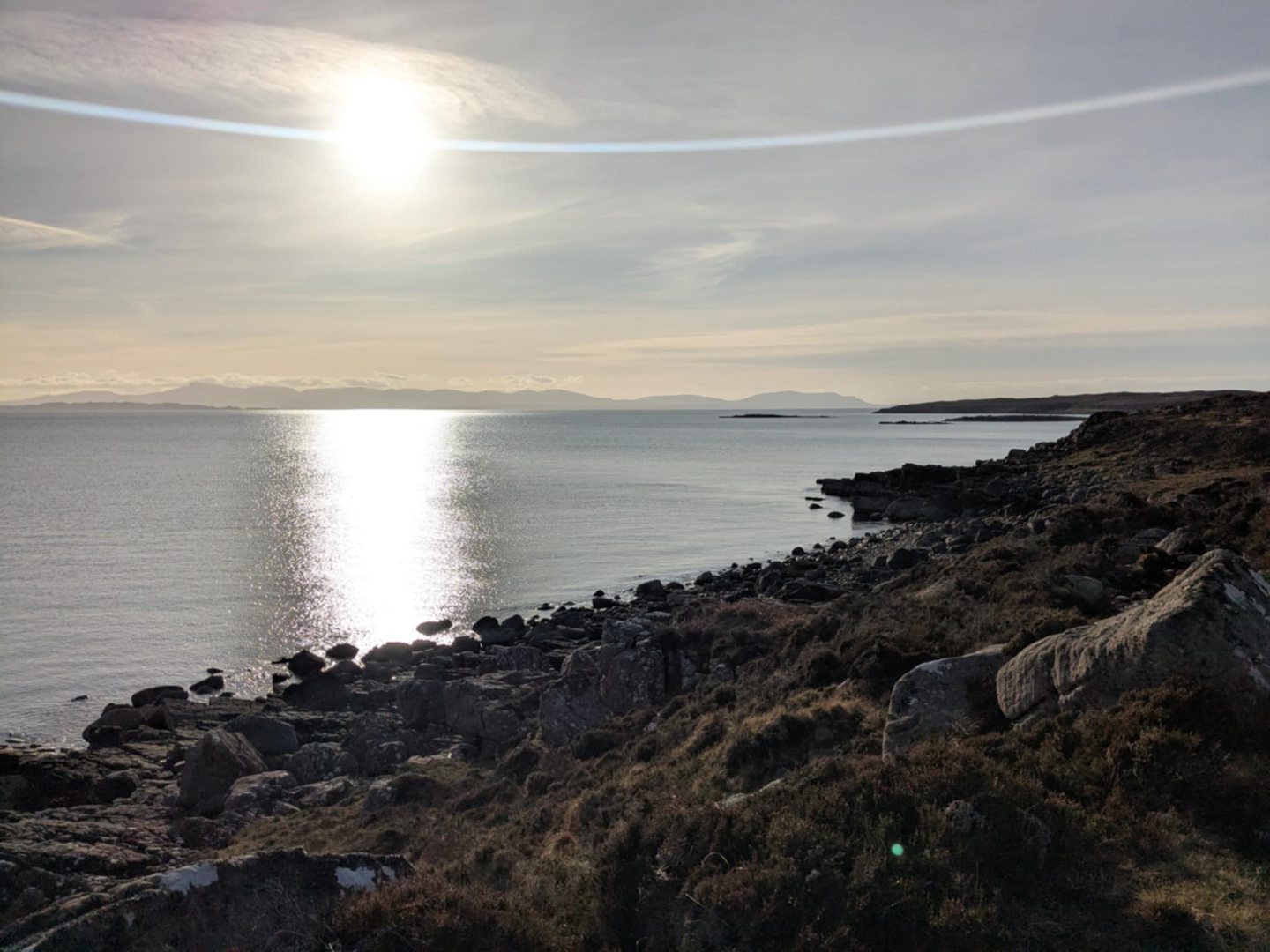
Conversation